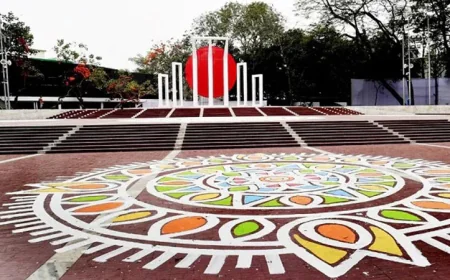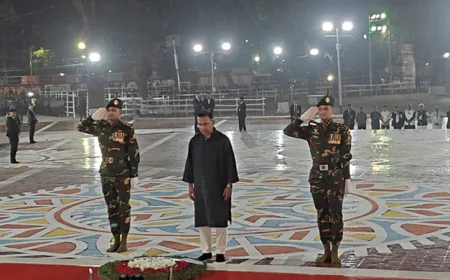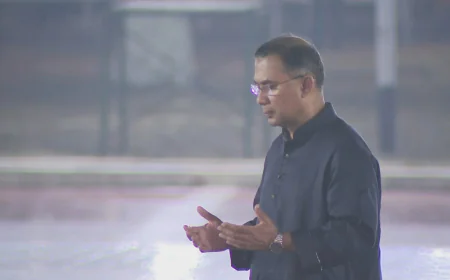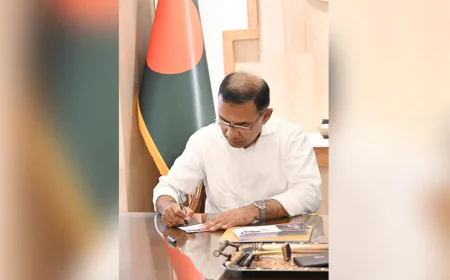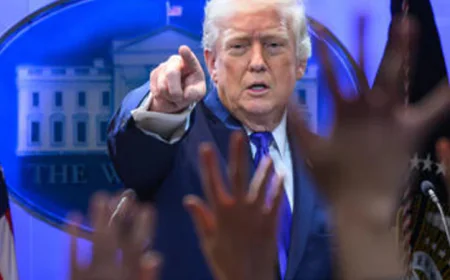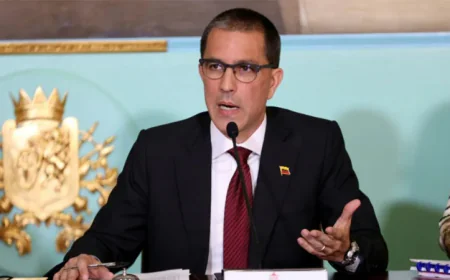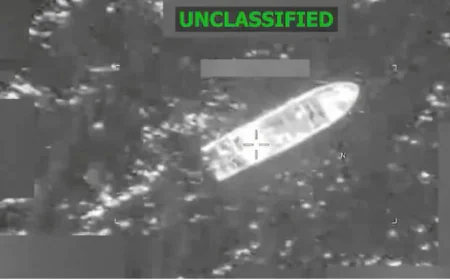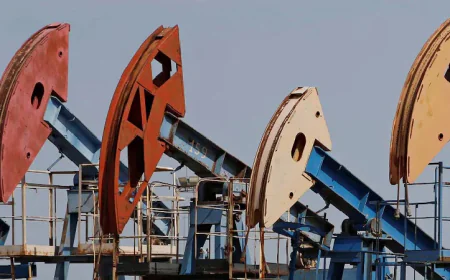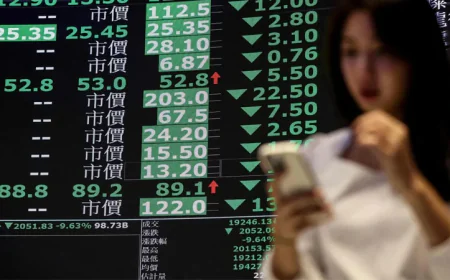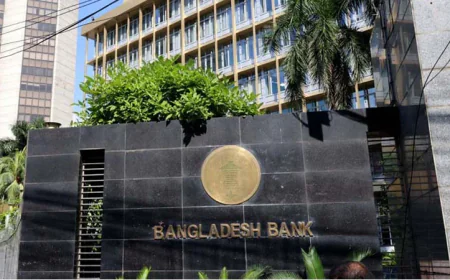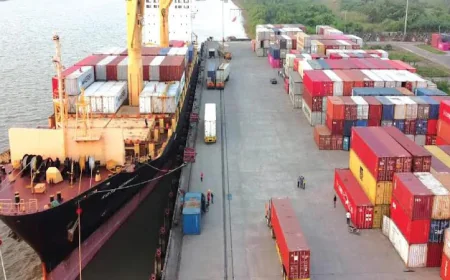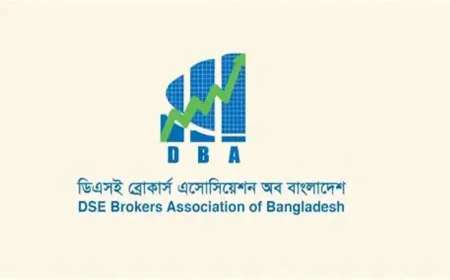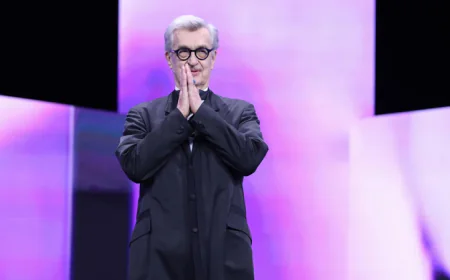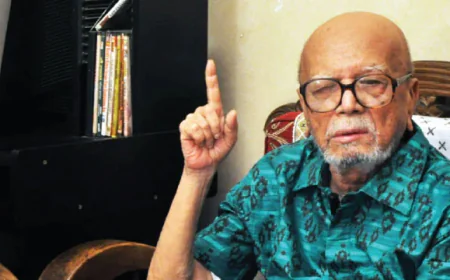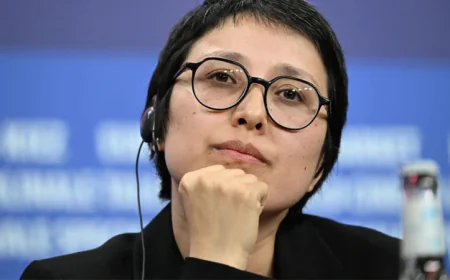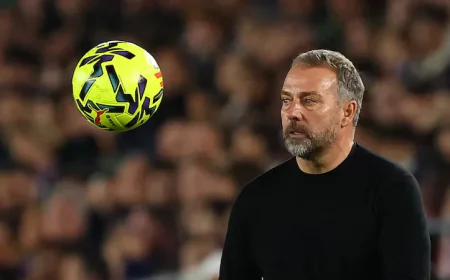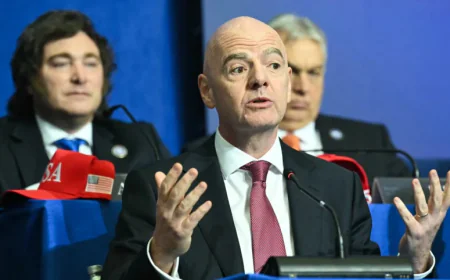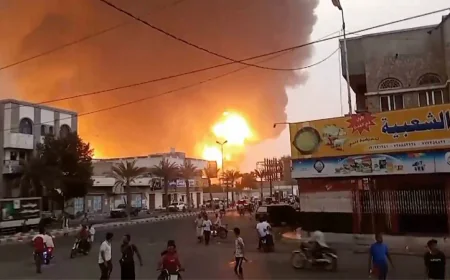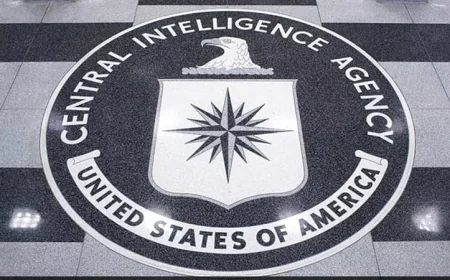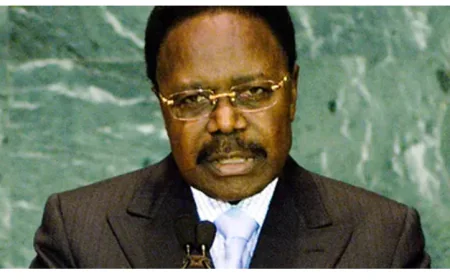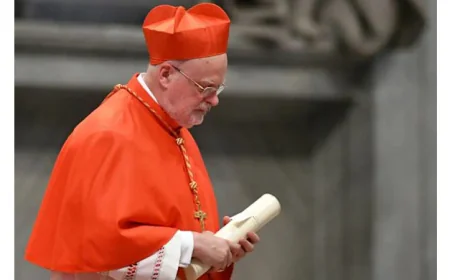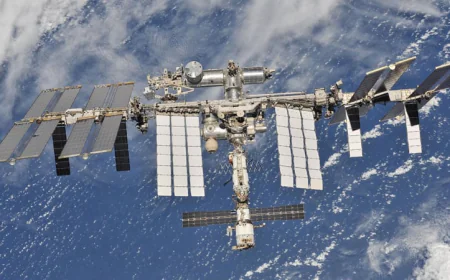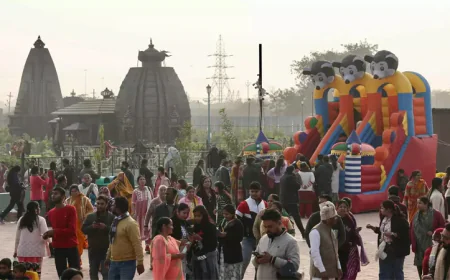Guinea Faces HIV Drug Shortage, Government Warns
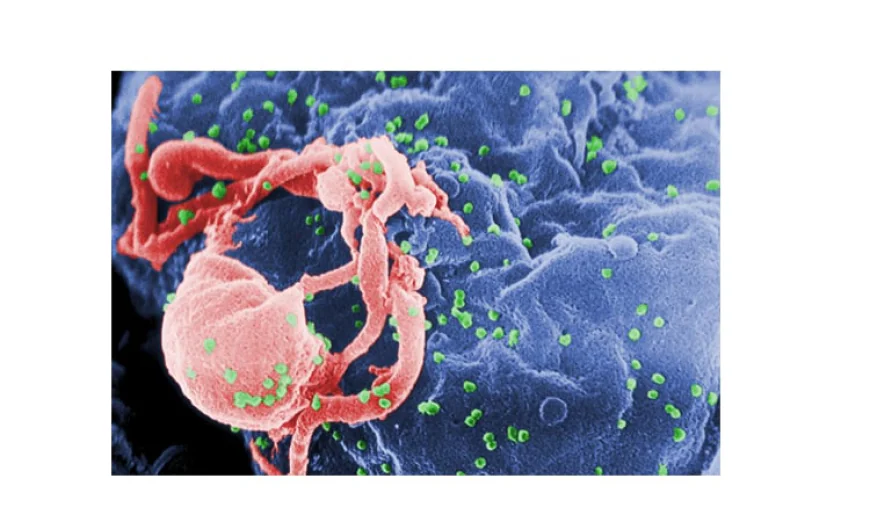
Equatorial Guinea is facing a shortage of antiretroviral drugs, in a country where approximately 62,000 people live with HIV and AIDS, the health ministry said Friday. Health Minister Mitoha Ondo Ayecaba's rare statement on state television came after persistent rumours of shortages circulated on social media.
"The shortage of antiretrovirals stems from an unprecedented global logistical crisis, triggered by recent international decisions," Ayecaba said. President Teodoro Obiang Nguema Mbasogo has ruled the small central African country of 1.5 million people with an iron fist for 45 years.
Upon returning to the White House in January, President Donald Trump announced that the United States would withdraw from the World Health Organization (WHO) and end its PEPFAR programme to combat AIDS. Ayecaba said that these decisions had led to a collapse in the global supply chain of HIV treatment, from production to delivery.
"Equatorial Guinea was not a PEPFAR beneficiary but the impact on global distribution affected the ability to receive medication within the usual timelines," he said. "Since we are not a priority country in terms of volume, our orders have been delayed," he added. Ayecaba announced that his ministry had received a first batch of
antiretroviral drugs and was waiting for two more, which should arrive by Sunday, totalling more than 13 tonnes of medications.
More than 62,000 people live with HIV in the country, according to a recent official report. In March, WHO chief Tedros Adhanom Ghebreyesus said that "disruptions to HIV programmes could undo 20 years of progress" and lead to "more than 10 million additional cases of HIV and 3 million HIV-related deaths - more than triple the number of deaths last year."
